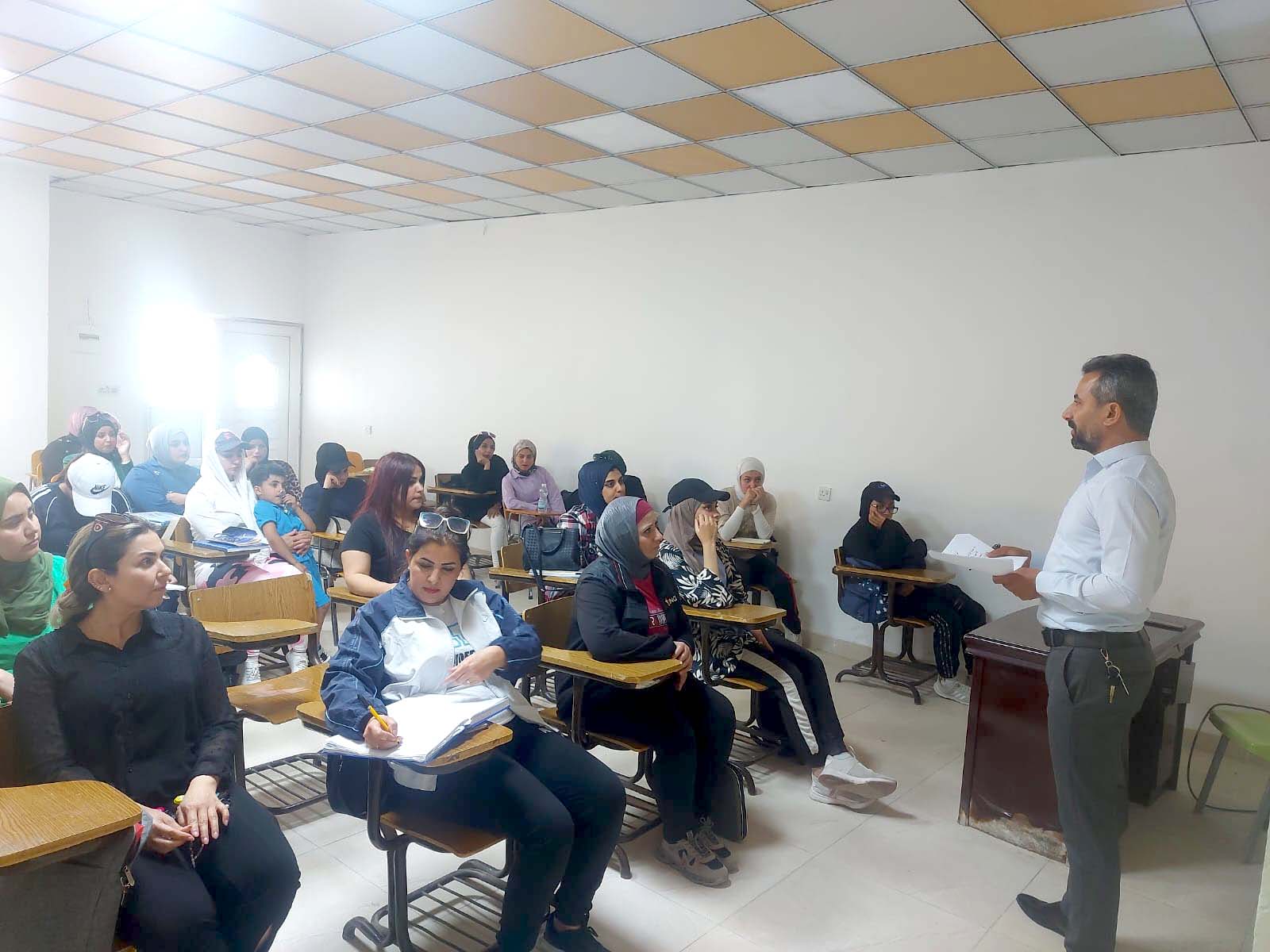The Continuing Education Unit at the College of Physical Education and Sports Sciences for Girls, University of Baghdad, held a training course entitled (The Role of Internal Control Procedures in Evaluating Performance), and the lecturer, Asst. Lect. Safaa Mahmoud Al-Defaiy lectured in it.
Mr. Al.Defaiy explained the difference between the concept of internal control and performance evaluation, and the first means that it is the organizational plan and methods followed by the administration in the institution with the aim of protecting its assets, increasing production efficiency, and encouraging workers to adhere to the policies set by the administration, while the second refers to performance evaluation, which is the process of evaluating the implementation of goals and tasks. And measuring the performance of individuals or economic units according to the previously determined standards with the aim of improving performance, classifying their types into administrative control systems, including (statistical statements, time and movement studies, quality control), accounting control systems such as recording data and information in order to make decisions, and imposing control to prevent fraud and manipulation, prepare tables and reports for the purposes of financial analysis and internal control system.
He also explained the importance of evaluating the performance of economic units, namely setting goals and expectations, choosing appropriate standards, developing and evaluating performance.
This scientific event is consistent with the fourth goal of the United Nations Sustainable Development Goals, which relates to ensuring the provision of high-quality education and equal learning opportunities for all.
